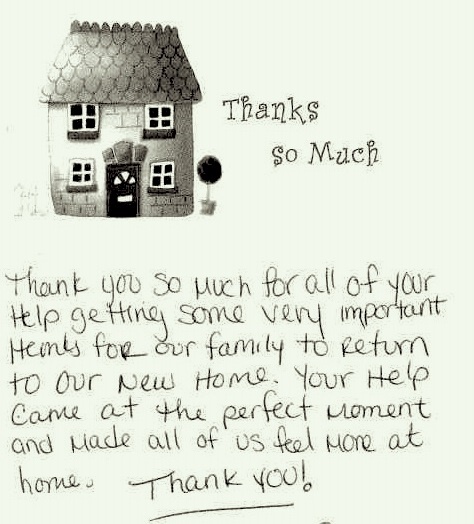As network organizations vie for funding at a time when funding is tight, NeighborWorks America will highlight some of the different ways those organizations find success.
In Kennebec County, Maine, community members had needs that could not always be answered by an existing program. A woman needed a bed. A man needed new tires. A family needed help with cell phone fees.
"We recognized there were things people really needed, basic things, and there were no resources," says Andrea Pasco, development director for Kennebec Valley Community Action Program (KVCAP). So KVCAP started a community investors program to help with needs that might otherwise fall through the cracks.
KVCAP often works with state and federal grants, Pasco says. But she finds this program, which
 allows community members to help one another, often anonymously, is the most rewarding. A number of NeighborWorks network organizations could benefit from similar programs, she says, especially nonprofits providing supportive services to help tenants stay housed.
allows community members to help one another, often anonymously, is the most rewarding. A number of NeighborWorks network organizations could benefit from similar programs, she says, especially nonprofits providing supportive services to help tenants stay housed.

The program, which came out of a poverty action coalition seven years ago, works like this: KVCAP and partners rounded up a group of "investors," community members who committed to receiving emails about community needs. Participants are under no obligation to invest. Every Thursday, Pasco sends out an email with an update, highlighting the week's approved applications. One week there might be no one needing aid; another week, three people might need assistance.
She moves needs forward that align with her organization's mission and that are sustainable. For example, if someone needs assistance with a car repair that will actually fix a vehicle, it's approved. If someone needs repairs on a car that won't pass inspection because of larger looming issues, it might not be.
KVCAP has 180 community investors. In Fiscal Year 2020, they received more than $17,000 in donations and delivered more than $18,000 in funding, tapping into their Hope Fund. Some investors donate once a year, others almost every week. Pasco's office has a stack of thank-you notes from recipients.
"Your help came at the perfect moment and made us all feel more at home," writes one family. Other recipients are grateful for work attire or help with water and rent.
Community giving was already a part of the retirement plan for one Maine couple, but this program became one of their favorite ways to give. "We were talking with each other about what our priorities are for charitable giving and philanthropy," shares Tom. (Like the other community investors, his donations are anonymous, so he asked that his real name not be used.) "We wanted to have an impact in relation to poverty – especially those who fall through the cracks."
Before he retired, Tom was a minister; June was a clinical social worker. "Over the years, we've tried to find different ways to deal with poverty and all of its ramifications," says June. "This is a community response to a particular need. These are things real people need that make a critical difference."
Pasco's newsletter "gives us a sense of the needs of our community," June says.
"And whether those needs are being taken care of," adds Tom. "It's personal, without being intrusive."
Contributions go directly to recipients, with no administrative fee. "People feel they're making a difference in a very tangible way," Pasco shares, adding that even those who don't donate regularly learn a lot about the challenges low-income individuals face. And they see where the dollars go. If they get an email about a woman needing a bed one week, they know she's received that bed the next. Pasco says there's an obvious link between addressing these needs and keeping people stably housed. A bed, for instance, will help provide a good night's sleep, which in turn enables individuals get up for work the next day. A job, of course, pays rent.
Much of the time to get the program running took place on the front end. Now, Pasco spends about 10 minutes on a week where there are no requests and four hours on the weeks when there are requests. Other advice NeighborWorks network organizations might find helpful:
- Enlist a strong writer for weekly emails.
- Constant communication is important.
- Set guidelines and decide before you begin if your program is a single-agency effort or a partnership.
- Remember that building a donor community takes time.

